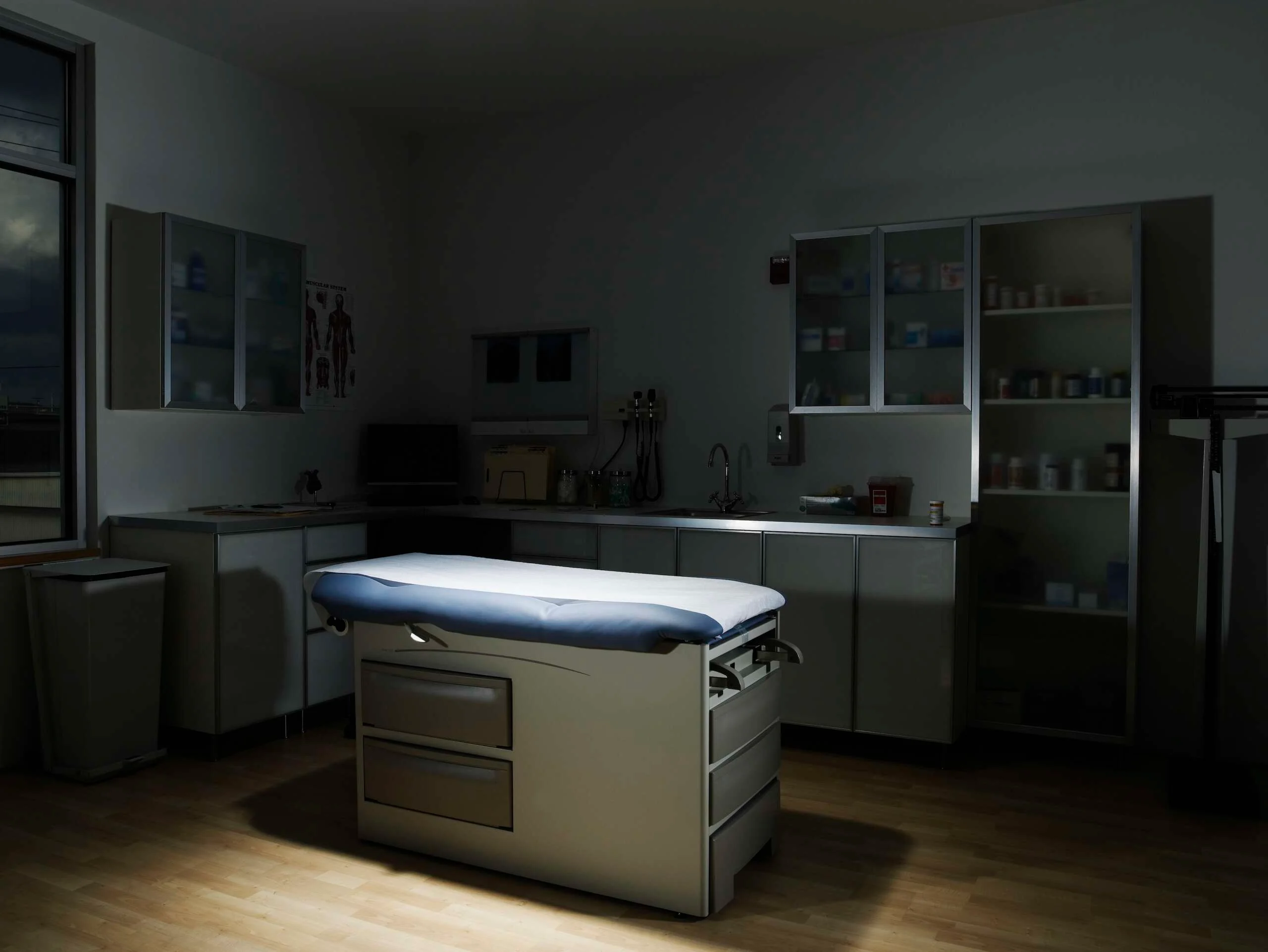By Zackary Sholem Berger
Copyright truthout

When, as a doctor, I think of Immigration and Customs Enforcement (ICE), I think first, with anger, of all the people who have been disappeared from the health clinic where I work.
I’m an internal medicine physician, a primary care doctor for adults. Half the patients I see don’t have any insurance and don’t have the documentation they would need to get it. For the past seven years, I have seen such patients in a health clinic that’s part of a community center in Baltimore, Maryland. I have worked at that clinic through President Donald Trump’s first term, through President Joe Biden’s presidency, and now into Trump’s second term.
The life of undocumented immigrants — and their road to health care — is never easy. I am acutely aware of what it means for us to lack a national health care system that extends medical benefits to all people living within our borders. What the current Trump administration is doing to my patients is something different from what previous administrations have done. There are depths to the effects that other people might not realize.
ICE officers haven’t yet shown up at our clinic (thank God, they haven’t yet, but they could any day), but we live in fear that they may, as we learn about ICE raids occurring at businesses just blocks away.
We are in a neighborhood targeted by ICE, in other words. I try to ask all my patients how they are experiencing the current political situation — that is the euphemism I use — and many of them have experiences in common.
The first thing many undocumented patients of mine say is that they are scared to go out on the street. Nearly every patient of mine tells me some version of this. “I had to take an Uber today,” said one woman in her 50s. I asked her why. “Because I was scared of taking the bus.” It turned out that she was worried of being abducted while riding the bus, so she paid $25 each way to take an Uber to my office for her doctor’s appointment.
Others say similar things:
“My son was chased down the street by one of them. I am hesitant to leave the house.”
“I don’t think I’ll be going outside to exercise.”
Patients are scared to come to their health appointments because they don’t want to be kidnapped. But patients are also unable to come because they have a lot to deal with. Just like the people I see at the academic medical center a mile uptown, the immigrants I see are also poor. They work hard, dirty, and dangerous jobs. If their employer doesn’t feel like taking a risk in keeping them on, or if they lose their job, or if they need to take care of a sick relative, or if someone has a court date, they might not make it in to see me either.
I asked a patient of mine how he makes it through the day. “I don’t know,” said a 50-year-old man originally from El Salvador. “I try to read. To play games. I try not to look at the terrible news about people getting kidnapped.” So says the person who might be kidnapped himself. “I might be fooling myself,” he said, “but I want to look away to where there’s hope.”
There are patients who do get kidnapped. I have not seen any get taken off the street in front of our clinic, but we talk about people we haven’t seen anymore. Some we know have been taken. Some we know have left the country, and others are frantic for their relatives who they are looking for.
My colleague Mileydis Echavarria, a 46-year-old physician from Cuba who works in our clinic as a medical assistant, shared with me some worries about how patients are being affected:
We are a really fragile point in the system, clinics like ours, because of our lack of resources. When the new president took power and initiated these policies, I was just waiting to see what would happen. Now I am feeling the fear of those who get care at our center. Patients are starting to cancel appointments.
Echavarria added that some patients who are still coming to our clinic, seeing it as a safe space, are scared to see the specialists to whom we sometimes need to refer them.
Though not personally at risk due to the policies of the current administration, Echavarria says, “I have a lot of empathy for these patients. Many of them have had significant problems and come to us emotionally affected. The only resource they have is to come to us, and these [current] policies mean they can’t get care.”
She points to the larger implications of these policies for the well-being of the entire immigrant community of Baltimore, and muses, “We have a voice that sometimes we can’t express. But we can advocate about these policies which are affecting our patients.”
Similar clinics in other cities are also affected. Robin Canada is professor of medicine at the University of Pennsylvania Medical School and head of residency education at a community clinic in Philadelphia that many see as a sanctuary. She says that some people feel safer coming into her clinic than going elsewhere for care. One of her patients, she says, was on her bike and got hit by a car. Afraid to go to the emergency room, she came to her clinic two weeks later.
African immigrants in Philadelphia have recently been targeted by ICE, and Latinx immigrants are no less vulnerable. “We have a lock on the door, there is a security guard in the vestibule, but nothing prevents ICE from being outside the clinic picking up people as they come to and from appointments,” Canada said, adding that ICE recently “picked up a patient as they were going to work.” In that last case, Canada quickly intervened with the help of her legal colleagues to get the patient released — an infrequent outcome these days.
Even apart from patient fear and ICE raids, the current regime affects the very mechanics of referrals for specialty care. The specialty care referrals at Canada’s clinic involve enrolling patients in emergency Medicaid. Now, however, ICE has access to Medicaid enrollee databases.
“What is the moral imperative for us as physicians?” asks Canada, determined but clearly anguished. “Everyone is on their heels. These long-term relationships [with specialists] are so important, as much as we want to be advocates, we need legal help. We don’t understand what the repercussions might be.”
Will ICE show up at our clinic? How can we better advocate as physicians to keep our patients from getting deported? Who out of our patients will show, and who won’t? If the deportation machine has access to Medicaid databases that are full of personal information about immigrants, how do we respond?
All of us taking care of these patients have more questions than answers, as our patients stare with desperation down the barrel of ICE.



